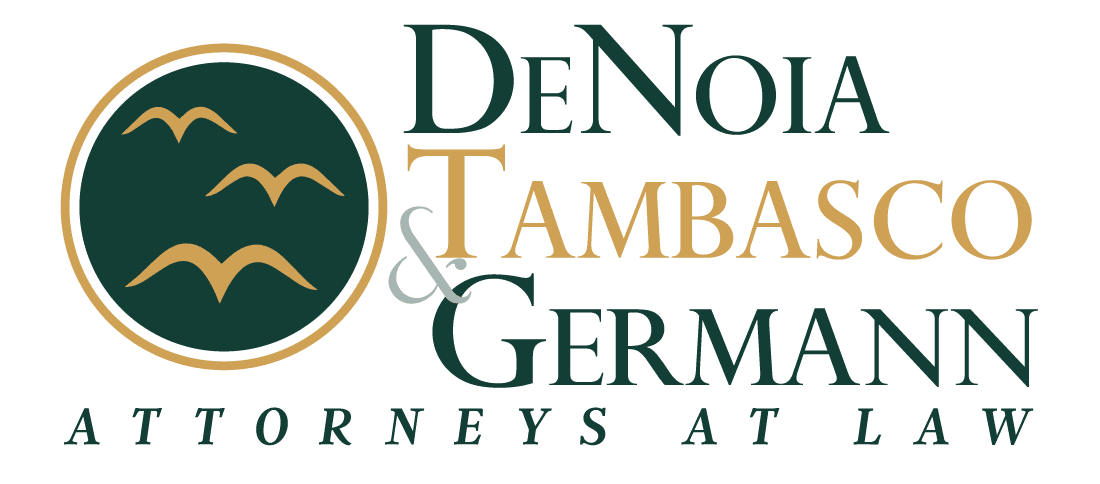Navigating the complexities of insurance claims after a car accident can be a daunting task. This guide is designed to offer practical advice to help you handle this process more effectively.
1. Understanding Your Insurance Policy
The first step in managing a post-accident situation is to have a thorough understanding of your insurance policy. Knowing what your policy covers, the limits of your coverage, and any deductibles that apply is crucial. This knowledge gives you a clear idea of what to expect from your insurance claim.
2. Immediate Steps After An Accident
In the immediate aftermath of a car accident, it’s important to stay calm and focused. Safety is the priority, so make sure everyone involved is okay and call emergency services if necessary. Once safety is ensured, gather as much information as possible from the other party involved in the accident, including their name, contact details, insurance information, and vehicle details.
3. Documenting The Scene
Documentation is key in any car accident claim. Take photographs of the accident scene, including all vehicles involved, any visible damages, and the surrounding area. This visual evidence can be invaluable when filing your insurance claim.
4. Reporting The Accident
Report the accident to your insurance company as soon as possible. Most insurers have a time limit for reporting accidents, and failing to report in a timely manner could result in your claim being denied. Be honest and provide all the relevant details about the incident.
5. Handling Insurance Adjusters
After reporting the accident, you will likely be contacted by an insurance adjuster. They are responsible for investigating the accident and determining the extent of the insurer’s liability. While interacting with adjusters, be honest but cautious – remember that their primary goal is to minimize the company’s payout.
Our friends at Cohen Injury Law Group, P.C. often emphasize the importance of not admitting fault or giving a recorded statement without consulting a lawyer. Your words can significantly impact the outcome of your claim.
6. Understanding Settlement Offers
Insurance companies may offer a settlement quickly after an accident. While it may be tempting to accept this offer and move on, it’s important to ensure that the settlement covers all your expenses and losses, including medical bills, repair costs, and any lost wages. Consider consulting with a legal professional to evaluate the fairness of the offer.
7. Dealing With Delays And Denials
Insurance claims can sometimes be delayed or even denied. If you encounter such issues, review the reasons provided by the insurance company. Understanding why your claim was delayed or denied will help you determine the next steps. This might involve providing additional information or clarifying certain aspects of your claim.
8. Seeking Professional Help
The process of filing and negotiating an insurance claim can be intricate and overwhelming. In complex cases, or if you feel that your claim isn’t being handled fairly, seeking professional help from your qualified car accident lawyer can be beneficial. They can provide guidance, handle negotiations, and ensure that your rights are protected throughout the process.
Don’t Wait To Contact A Lawyer
Dealing with insurance claims post-accident requires patience, attention to detail, and sometimes, professional assistance. Remember, every step you take following an accident can impact the outcome of your claim. Stay informed, document everything, and don’t hesitate to seek legal advice if you need it.
